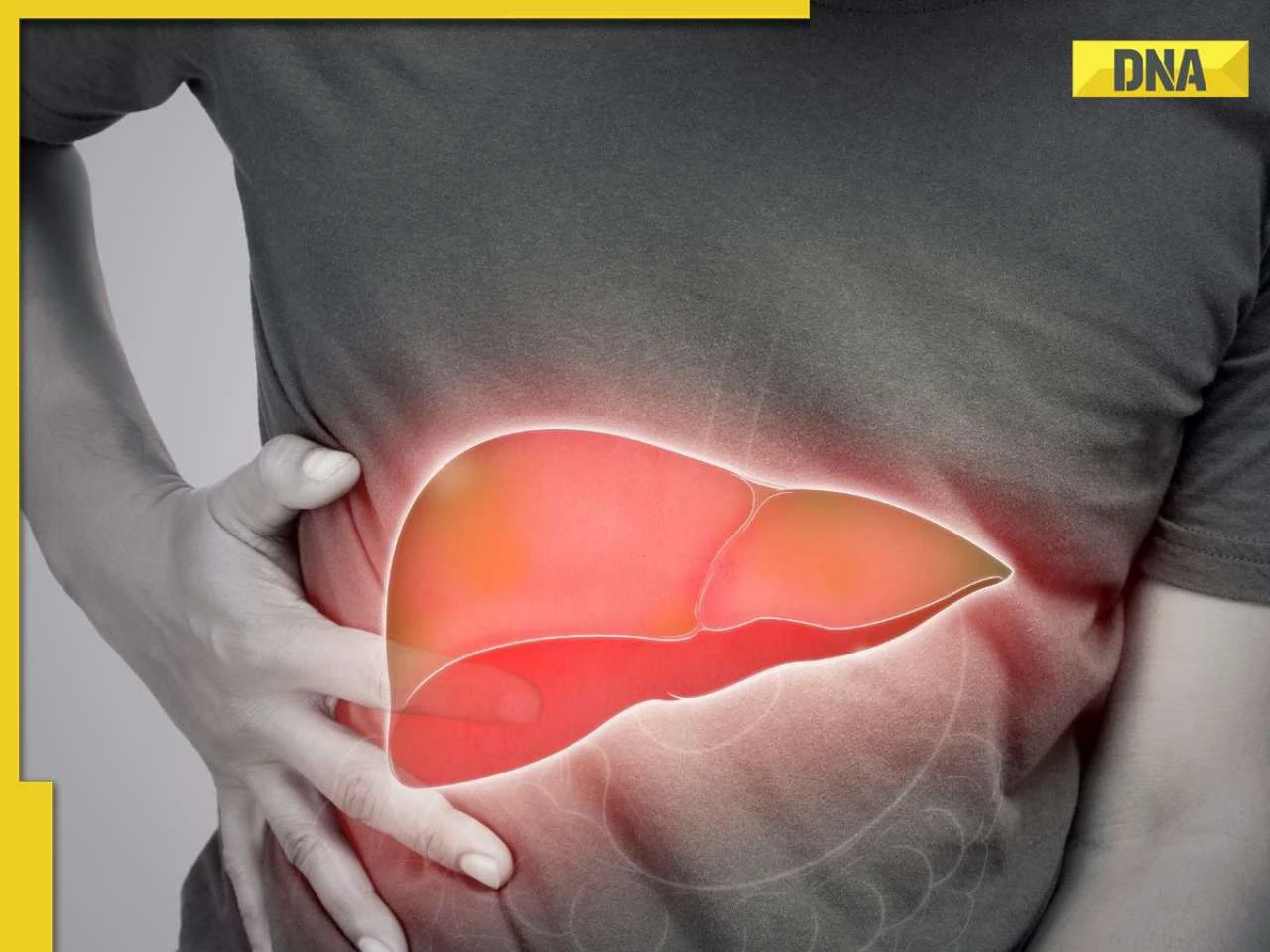Fatty liver, a condition where excess fat builds up in the liver, has become increasingly common due to sedentary lifestyles and unhealthy diets.
While it can be concerning, the good news is that fatty liver can be reversed with consistent lifestyle changes, often within 90 days, if addressed early.
Improve your diet
One of the most impactful changes is dietary adjustments. Focus on whole foods, including vegetables, fruits, lean proteins, and whole grains. Avoid processed foods, refined sugars, and fried items, as they contribute to liver fat accumulation. Incorporating healthy fats from sources like olive oil, nuts, and fatty fish can also support liver health.
Maintain a consistent exercise routine
Daily physical activity plays a crucial role in reducing liver fat. Aim for at least 30 minutes of moderate exercise, such as brisk walking, cycling, or swimming. Combining cardio with strength training helps burn fat and improve metabolism, aiding in liver recovery.
Limit alcohol and avoid toxins
Alcohol can accelerate liver damage, so it’s essential to limit or avoid alcohol consumption. Additionally, minimise exposure to unnecessary medications or toxins that can burden the liver.
Stay hydrated and prioritise sleep
Drinking sufficient water helps flush toxins from the body and supports liver function. Quality sleep is equally important, as poor sleep patterns can worsen liver health and overall metabolism.
Monitor progress and consult a professional
Regular check-ups and liver function tests can track your improvement. Consulting a doctor or nutritionist ensures that you adopt a personalised plan suited to your needs, making reversal safer and more effective.
By adopting these small, daily changes, it’s possible to see significant improvements in liver health in just 90 days. The key is consistency, mindful eating, regular exercise, and self-care. Reversing fatty liver not only improves liver function but also enhances energy levels, overall wellness, and long-term health.
